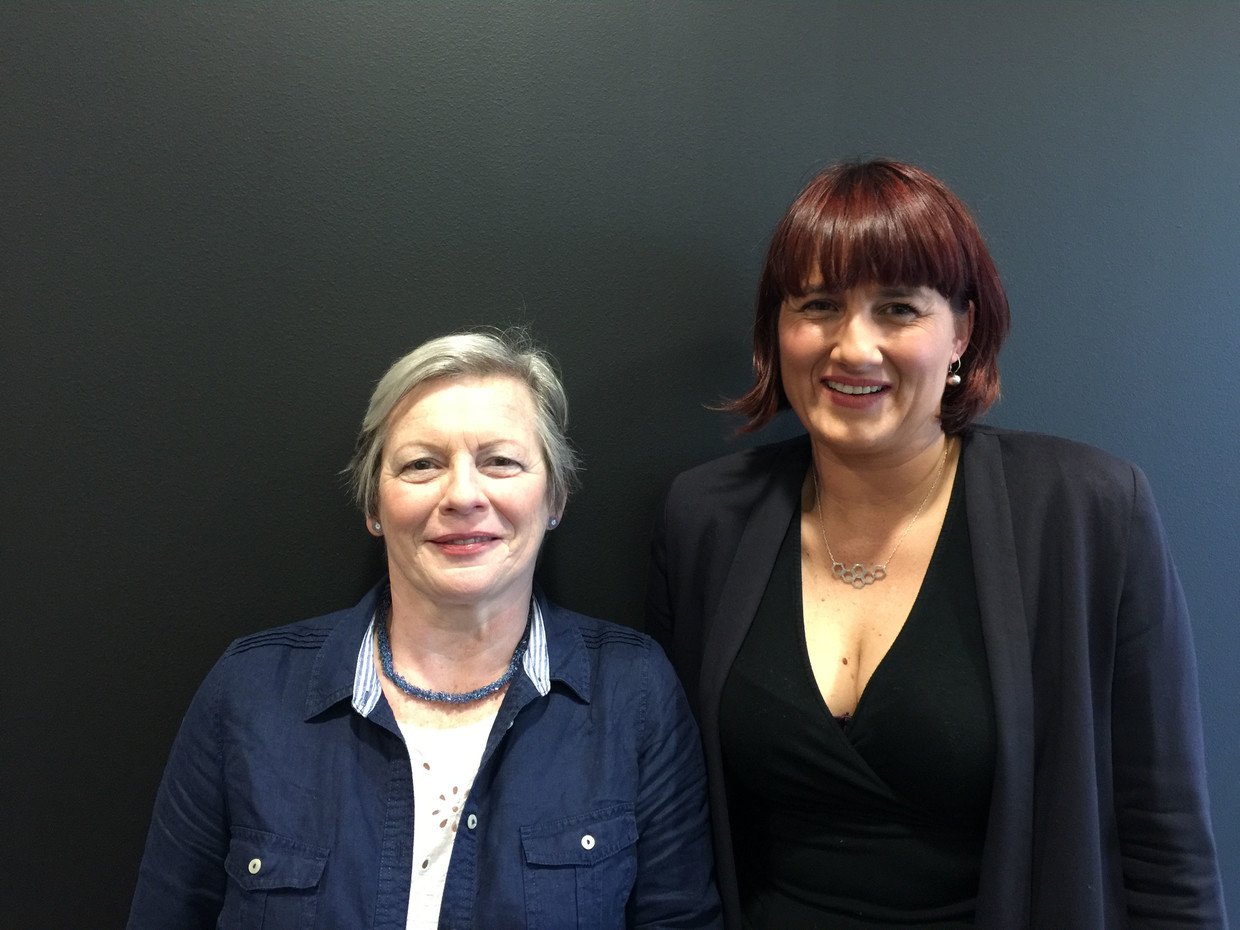‘Super smeller’: Woman can sniff out Parkinson’s, leading scientists to create early detection test
A former nurse who can smell the “musky odor” of Parkinson’s disease has helped scientists develop a new test that can detect the condition before symptoms appear.
People with a heightened sense of smell have reported a musky odor from patients with Parkinson’s disease, and “super smeller” Joy Milne, 68, from Scotland claims she first noticed the smell on her husband, Les, 12 years before he was diagnosed with the condition.
Milne didn’t learn of her super-smelling talents, until she attended a Parkinson’s support group with her husband and found everyone had the same distinct odor.
Milne mentioned the strange revelation to neurobiologist, Tilo Kunath, who studies Parkinson’s at Edinburgh University.
Also on rt.com World’s 1st remote brain surgery via 5G network performed in ChinaKunath tested Milne’s skills by having her sniff a series of t-shirts worn by Parkinson’s patients and healthy people, in which she identified all confirmed cases and one other ‘healthy person’ who she said had the same scent. Eight months later that person was diagnosed with the disease.
Together with Perdita Barran, of the University of Manchester, the pair worked to identify the compounds that make up the distinctive odor and develop their non-invasive screening test for early detection. Their results were published in the journal ACS Central Science.
Barran said early detection is crucial when treating Parkinson’s disease, which can often be hindered by confusion between natural brain digression due to aging, and the neurodegenerative disorder.

Scientists are now testing the technique on a group of people taking part in a sleep study in Austria after people with rapid eye movement (REM) sleep deprivation disorder were previously found to have a 50 percent risk of developing Parkinson’s in later life.
READ MORE: Not what you had in mind? Brain implant could help with depression, study says
It’s hoped the test could help doctors diagnose and treat the disease at its earliest stage, meaning more patients could avail of experimental drugs that can protect brain cells from being eroded by the disease.
Milne, who says Alzheimer’s also has a vanilla-like smell, and cancer has an earthy odor, is now working with researchers to identify an odor associated with tuberculosis.
Like this story? Share it with a friend!















